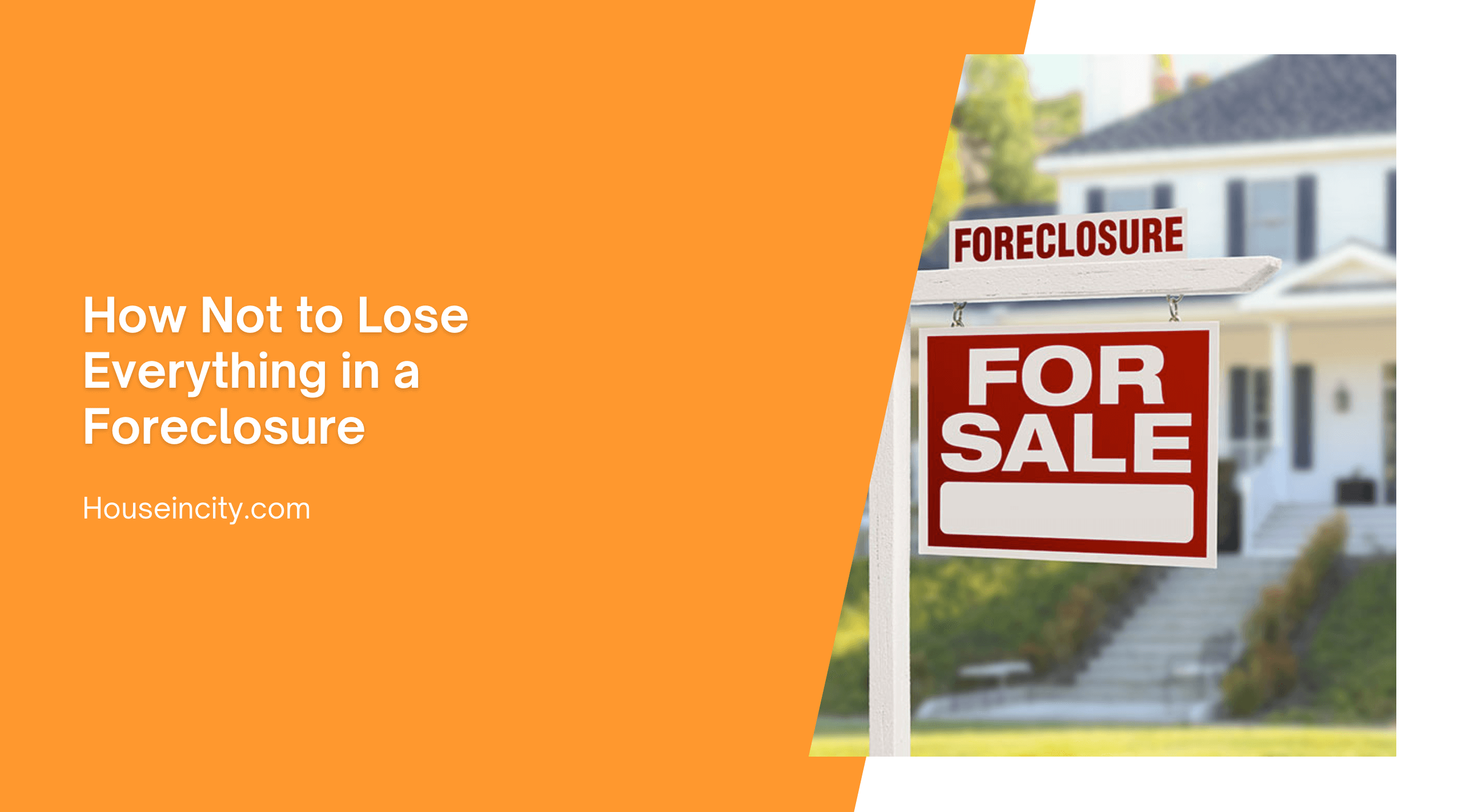At one time or another most of us hit upon hard times, and it is entirely possible one day that we homeowners could get a foreclosure notice. Being on the wrong side of foreclosure isn’t where anyone would dream of being, though there are things you can do to prevent foreclosure from happening to you. There is time on your side if you are facing foreclosure, because it is a lengthy process.
When you own a home that is facing foreclosure, your lender cannot force you out of your home, but the lender can demand the mortgage be paid in full plus interest by a certain date. If you cannot at least catch up on the amount of mortgage in default, and you cannot pay the loan off in full by the demand date, you will then be served an eviction notice.
Check out your state’s foreclosure regulations.
Each state has its own regulations in regard to foreclosure. The differences lie in whether the loan is secured through a deed of trust, or if it is a straight mortgage. If your home is secured with a deed of trust, you may have to vacate the property within just a few months. If your home is about to be foreclosed upon, you are termed to be the seller of the house. If you can catch up on the payments, or sell the house for enough to satisfy the loan, you can get out from under that debt. Hopefully you will be able to sell it for enough to make a sizable down payment on another home, if you must sell the home.
In most cases you can heal the default by making good on the defaulted amount of the loan, plus by making any additional payments that comes with the foreclosure process. The last thing your lender wants is your home back, because it isn’t that easy to liquidate a home into money.
Let’s face it, we put our blood, sweat and tears into our homes. We invest our time and our money into making our homes reflect who we are as people. Most of us are not willing to just walk away from a home that we love so much, a home that has become a part of us. Most lenders would be more than happy to work with you to keep you from defaulting on the mortgage.
So many bad things happen to good people trying to eek out a living to pay their bills. Then suddenly you lose your job, or lose a spouse through death or divorce. Often when a partner is lost through death or divorce, the strain is so heavy on the remaining spouse that the obligations get to be too much. Another thing that happens is that you or someone in your family has a catastrophic illness that is taking priority over everything. First one mortgage payment is missed, and then the second and third. You may not have any choice but to step aside and let the lender take back the home to auction it off to the highest bidder. This is why it is better if you can sell the home yourself, pay off the amount owed and hopefully have a little left over to put a good down payment on another home for yourself.
Keep the line of communication open.
A good rule of thumb is to try to sell your home before the bank claims it; thereby salvaging your credit rating before it goes totally down the toilet. Negotiate with the lender, find out what is the least they will take to wipe your slate clean. You may be able to sell the home for more than what the bank is settling for. Don’t ever stop communicating with your bank; when your lender thinks you are not cooperating with them, they will be harder to negotiate with. Don’t hide your head in shame; try to get out of this situation either by healing the default and continuing on paying for your home, or getting out from under it entirely by selling it to a prospective buyer.
Short sale.
Short sale might be an option. If you owe more than the house is worth, you might be able to escape the stigma of foreclosure by selling your home at a short sale. Your lender would have to agree to take less than the amount owed; for example, if you owe $100,000, but you can get $90,000 straight up from the short sale. The bank would take that $90,000 all at once in a lump payment. Your credit may take a hit, but it won’t be as bad a hit as foreclosing would have on your credit.
Deed-in-lieu of foreclosure.
In some cases you can stay in your home until you can find another place to live, by signing a deed-in-lieu of foreclosure. The lender forgives the mortgage and you give up ownership of the home. By signing a deed-in-lieu of foreclosure, you are saving lender a lot of money, and also preventing a huge hit on your credit report. Most people who have a history of foreclosure have a difficult time finding a place to rent. By signing the deed-in-lieu of foreclosure you will not have a history of foreclosure, thereby, finding it a bit easier to find a place to rent.
